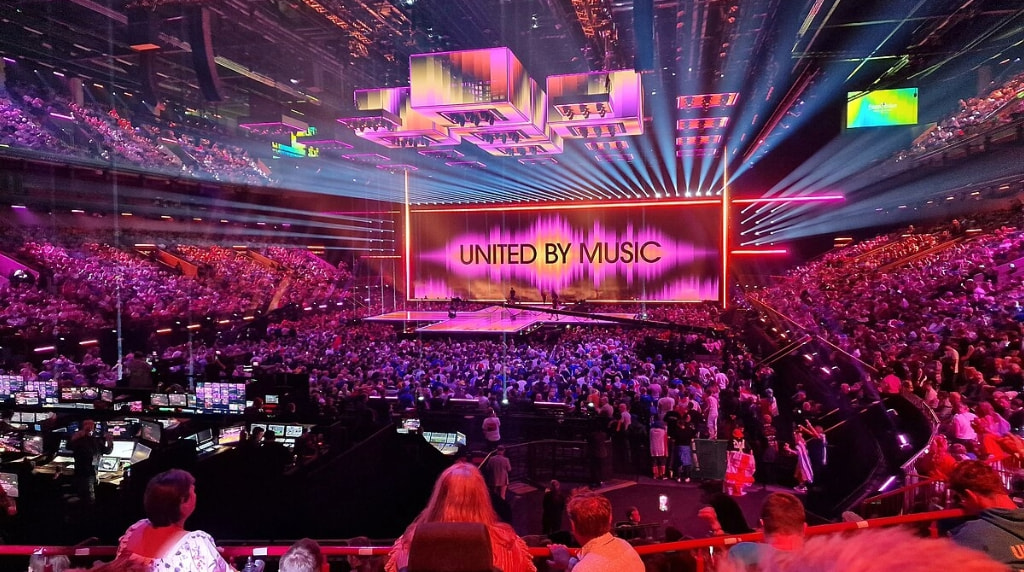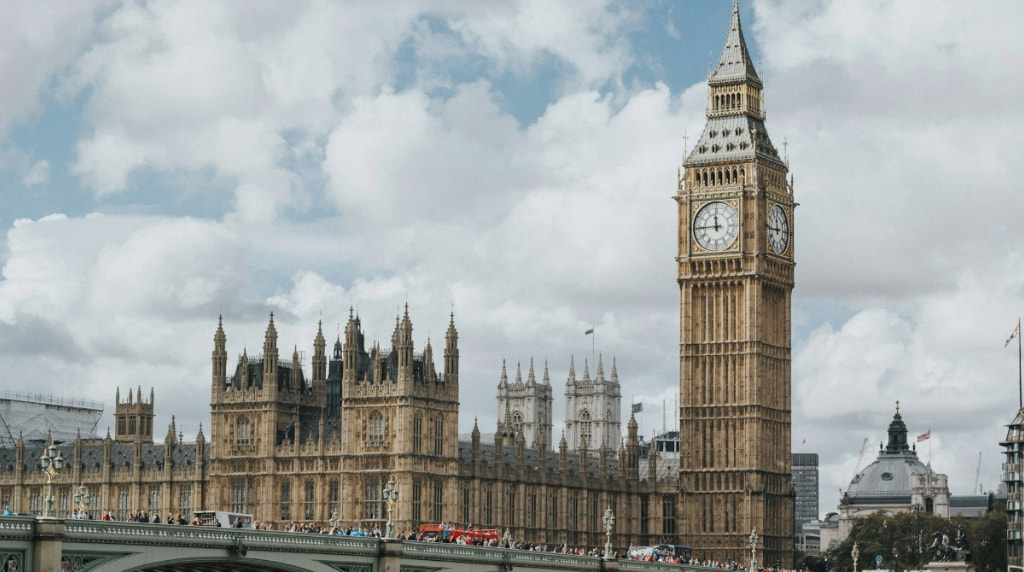GGL penalizes streamer for promoting games of chance online
The new central gambling regulator of Germany, Gemeinsame Glücksspielbehörde der Länder (GGL), announced recently that Strafverfolgungsbehörden Generalstaatsanwaltschaft in Berlin has issued a €480,000 fine against a famous streamer for advertising and promoting gambling on his official streaming channels. According to several media outlets, the streamer has been identified as Ron Bielecki. Bielecki has been accused of participating in and promoting illegal gambling on multiple occasions despite repeated warnings from the German authorities.

The GGL recently announced a €480,000 fine against a famous streamer for advertising and promoting gambling.
©Christian Wiediger/Unsplash
The GGL assumed full gambling regulatory responsibility in Germany at the start of this year, becoming the nation’s first central gambling authority. However, the responsibility to fight illegal gambling and other code violations in the country was passed over from the Saxony-Anhalt State Administration Office to the GGL in July 2022. Bielecki’s illegal gambling activities were already ongoing since the final quarter of 2021. According to the public prosecutor’s office in Berlin, Bielecki had already received warnings from the German authorities regarding his participation in illegal gambling activities and the promotion of the same. However, the streamer did not cease the activity and continued doing the same.
As a result, in the second quarter of 2022, the public prosecutor’s office in Berlin received a complaint highlighting Bielecki’s violation of two sections revolving around participation in illegal gambling and the promotion of illegal gambling. Between October 2021 and May 2022, the streamer is said to have advertised and promoted gambling 37 times on his official channels. In addition to that, during the same period, Bielecki participated in illegal gambling activities on 51 occasions. After ignoring warnings from the authorities and violating two sections of the gambling law of Germany on multiple occasions, the public prosecutor’s office in Berlin finally released its verdict which saw a fine of €480,000 slapped against the streamer
After 88 total violations the court was advised by the authorities to set the daily rate at €4,000 instead of the usual €120 due to the streamer’s above-average income that was assumed by the prosecutors based on what Bielecki has shown and propagated in his videos. The streamer is said to have flaunted his wealth in several videos and they have been considered proof of wealth. Hence, the total penalty was calculated based on these parameters and it amounted to €480,000. According to reports, Bielecki has challenged this decision and a trial will soon take place revolving around this issue. The streamer has been involved in controversial situations in the past which could be disadvantageous for Bielecki in front of the judge and jury.
Twitch’s guideline changes were welcome by GGL
In October 2022, the renowned streaming platform, Twitch, confirmed that it would be changing its guidelines for the streaming of any activity that falls under the ambit of gambling. Streamers have hosted streams for virtual slots, roulette and dice games in the past. Under the new guidelines, the streaming of such games will only go live if they are licensed in that particular country and if the nation’s authority have granted them permission to carry out such activities.
The move was welcomed by the CEO of GGL, Benjamin Schwanke, but it was only seen as the first step in the right direction. The gambling advertising laws in Germany are extremely strict. Even if a licensed operator has advertising permission from other gambling regulators of European or non-European countries, it still does not have the right to advertise in Germany. Advertising outside Germany that results in its effect inside the country is also strictly prohibited under the law. Only the whitelisted operators may seek permission from the GGL if they wish to advertise in any form.
GGL’s fight against unlicensed operators continues
A month after taking responsibility to fight the illegal activities revolving around gambling in Germany, GGL requested the German Internet Service Providers (ISPs) to block all websites and platforms that were offering gambling services in the country without holding a valid German gambling license. The ISPs are not obligated to take any action but the authority requested them via personal letters to fight against unlicensed operators and boost the security and safety of German players.
Lottoland was one of the many operators which was successfully blocked by the GGL after the operator spent years providing gambling services to German players without a German gambling license. The GGL has been monitoring the markets strictly since it took full control this year. As soon as GGL assumed responsibility as the nation’s first central gambling regulator, it received 78 applications from operators who were looking to gain a license and enter the German gambling market. However, after articulate analysis, only 25 out of the 78 applicants were issued a license as there were several errors in the applications of the other operators that saw their request denied.



